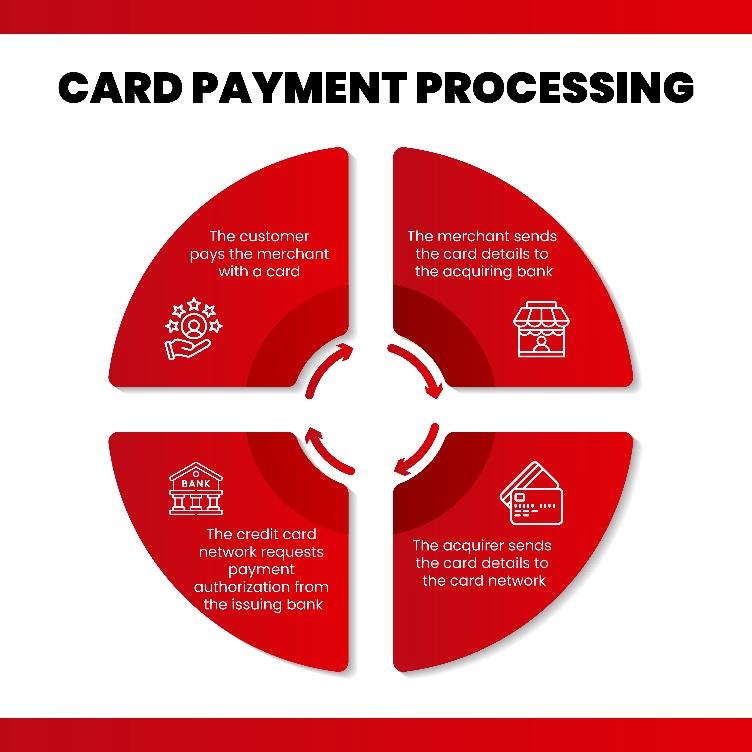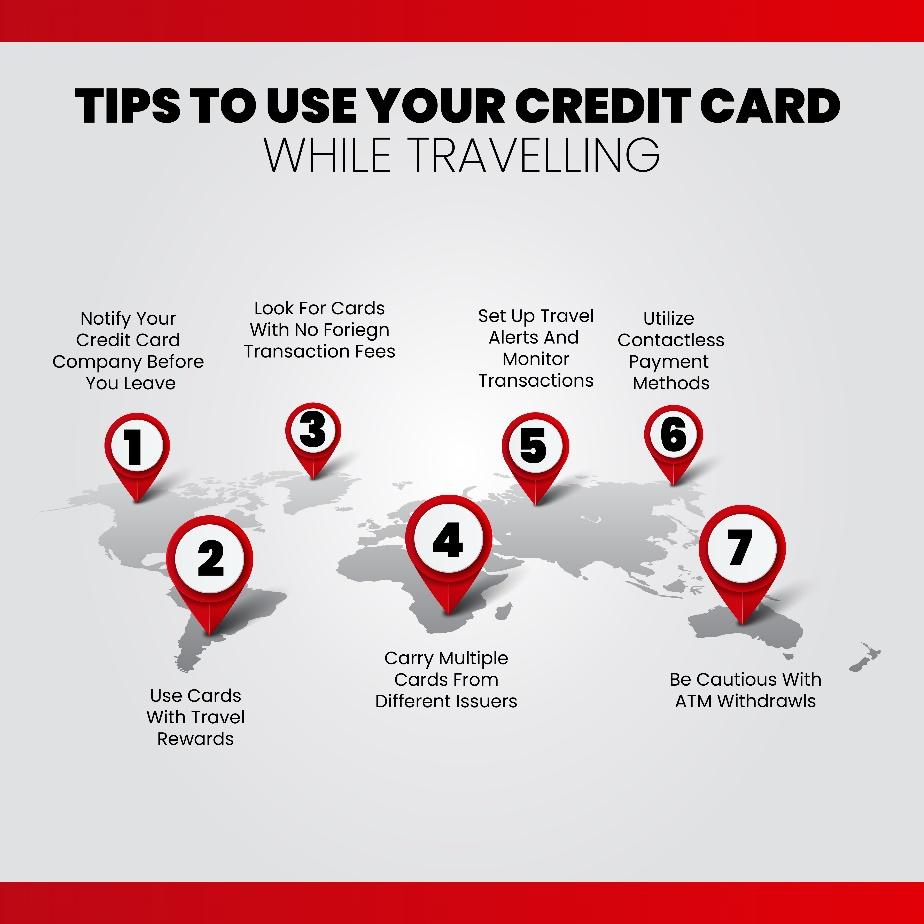If you’re a savvy credit card user who loves to travel, you probably already know that some of the best rewards come from travel credit cards. But to get the most out of your travel rewards, there’s an important detail you must understand—how credit card issuers define “travel.” This definition can differ widely across card providers and impact the rewards you earn. By getting familiar with these differences, you can ensure you’re not missing out on valuable points, miles, or cash back on your trips.
In this blog, we’ll explore the various ways credit card issuers define travel, why it matters to your rewards, and how you can maximize the benefits. Whether you’re looking for top-rated cash back credit cards or credit card rebates on travel purchases, this guide will help you navigate the system and get the most value from your card.
Understanding the Basics of Travel Rewards
Before diving into the specific definitions of “travel,” let’s start with the basics. Most travel credit cards offer higher reward rates on purchases deemed “travel-related.” This often includes flights, hotels, car rentals, and sometimes even more unexpected categories like tolls and ride-sharing services.
The catch? What qualifies as “travel” can vary significantly from one card issuer to another. Just because you’re spending money on what you believe to be a travel expense doesn’t mean it will always earn higher reward rates. That’s why it’s critical to understand your credit card’s travel definition to ensure you’re reaping all the rewards you deserve.

The Travel Definition Varies by Card Issuer
Each credit card issuer sets its own parameters for what constitutes a travel purchase. Let’s look at some common travel categories and how different issuers might define them:
Flights and Airlines
For most issuers, airline tickets are the quintessential “travel” expense. But there can be nuances:
- Some cards may only reward you for direct bookings made through airlines, while others might include third-party booking platforms like Expedia or Orbitz.
- Additional charges related to your flight, such as checked baggage fees or in-flight purchases, may or may not qualify for extra rewards, depending on the issuer.
Hotels and Accommodations
Booking a hotel is often another major travel expense that earns bonus rewards, but not all bookings are treated equally:
- Direct bookings with the hotel typically qualify, but if you book through a discount site or use a travel aggregator, you may not earn the same rewards.
- Short-term rentals like Airbnb and VRBO are not always classified as travel, though some issuers are beginning to include these as eligible purchases.
Car Rentals
Car rentals are generally considered a travel expense across the board. However, it’s essential to check whether the rewards apply to all car rental companies or only specific partners.
- Some issuers also cover ride-sharing services like Uber and Lyft under their travel definition, while others do not.
Trains and Public Transportation
Not all credit card issuers include public transportation in their travel definition. For example, some may offer rewards on train travel, bus fares, or even subway tickets, while others exclude these purchases from their travel categories.
Cruises
Cruises can be a gray area. Some cards treat cruise bookings like hotel or flight purchases and offer elevated rewards. Others don’t include cruises at all, or they may require you to book through specific travel agencies to earn rewards.
Tolls and Parking
For many people, expenses like tolls, parking, and gas while driving to your destination are part of the travel experience. Yet, these purchases often don’t count as “travel” with certain issuers. Be sure to review your card’s terms carefully if you’re relying on these to help you hit reward goals.
Why the Travel Definition Matters
Now that we’ve established how card issuers may define “travel,” let’s explore why understanding these definitions is so important for getting the most from your travel credit card:
Maximizing Your Rewards
Knowing how your card issuer defines travel is essential for maximizing your rewards. If you mistakenly assume a purchase qualifies as a travel expense and it doesn’t, you could miss out on double or triple points.
For example, let’s say you book an Airbnb, thinking it qualifies as a travel expense under your card’s terms. If your card doesn’t consider Airbnb bookings as travel, you might only earn the standard 1% back instead of the 3% or 5% advertised for travel purchases. Knowing your card’s exact criteria prevents this kind of frustration.
Planning for Big Purchases
If you’re planning a big trip, understanding your card’s travel definition can help you strategically choose where and how to book your flights, hotels, and other travel-related services to earn the most rewards. Some cards offer special partnerships with specific travel providers, making it even more critical to know which purchases will boost your earnings.
Earning Welcome Bonuses
Many travel cards offer hefty welcome bonuses, but they often require you to spend a certain amount on travel within the first few months. If you’re aiming to hit that spending threshold, knowing exactly which purchases qualify as “travel” is essential. Otherwise, you may think you’ve met the requirements, only to find out your purchases didn’t count.
Understanding Redemption Options
Some travel credit cards let you redeem points or miles for a variety of travel expenses. But if your card issuer has a narrow travel definition, your redemption options might be limited. Knowing which types of purchases qualify for redemptions can help you plan your spending more effectively.
Conclusion
Understanding how different credit card issuers define travel is key to maximizing your rewards, especially if you’re a frequent traveller or someone planning a big trip. By knowing exactly which purchases qualify for travel rewards, you can avoid disappointment and ensure you’re getting the best possible return on your spending.
Where To Apply For The Best Canadian Credit Cards?
Great Canadian Rebates is an online platform that lets Members compare credit card options available in Canada and apply for the one that best suits their financial and lifestyle requirements. It’s free to join, and Members can also choose from over 700 well-known merchants and take advantage of great rebates, deals, and discounts.
Visit the website today for more information.


